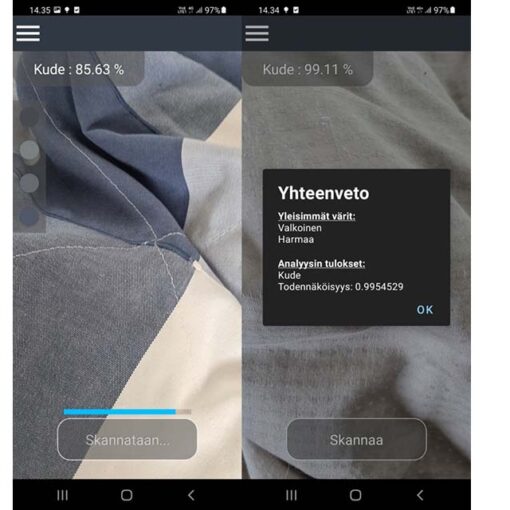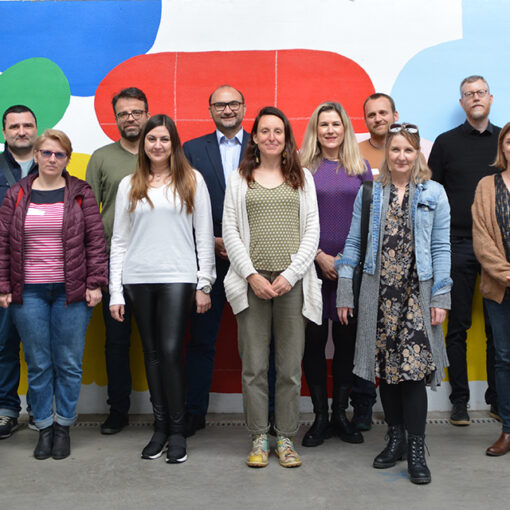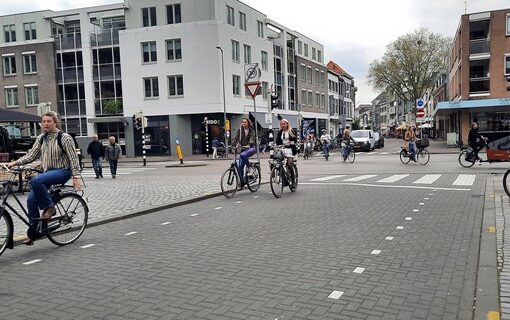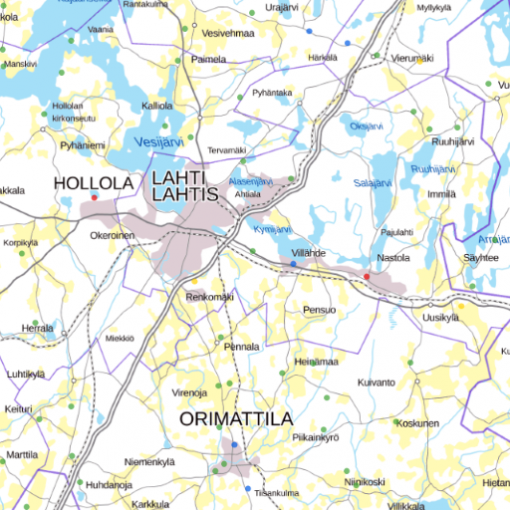The Baltic Sea Region (BSR) has been active in developing smart specialisation (S3) and developing good practices related to green innovations. Cooperation has a long history, and a good example of working together around joint points of interests is the Baltic Sea Region Smart Specialiation Ecosystem project (BSR S3 Ecosystem). On the 22nd September 2021 experts and contributors in smart specialisation from the BSR gathered to share the final outcomes of the two years cooperation.
The topic of the day “Towards Sustainable, Inclusive and Innovative Baltic Sea Region via Smart Specialisation” explained the core of the smart specialization work. The day was built around an expert panel, examples on S3 development and it ended with an innovation camp where the focus was on inclusive and sustainable S3.
Forerunners and followers
The panel and policy discussion on sustainable economic transformation concluded aspects on the cooperation. The green transition is not happening in isolation. Europe needs forerunners, regions, to showcase how sustainable smart innovations can take place, says Monika Zsigri (2021), Deputy Head of Unit, Smart and sustainable growth, DG REGIO, European Commission. Also, small regions or cities can be forerunners and contributors in European innovation networks. To influence the development on a broad front, the forerunners need followers as well, Jonas Lundström (2021), Head of Enterprise, Innovation and Social Development from Region Västerbotten in Sweden points out.
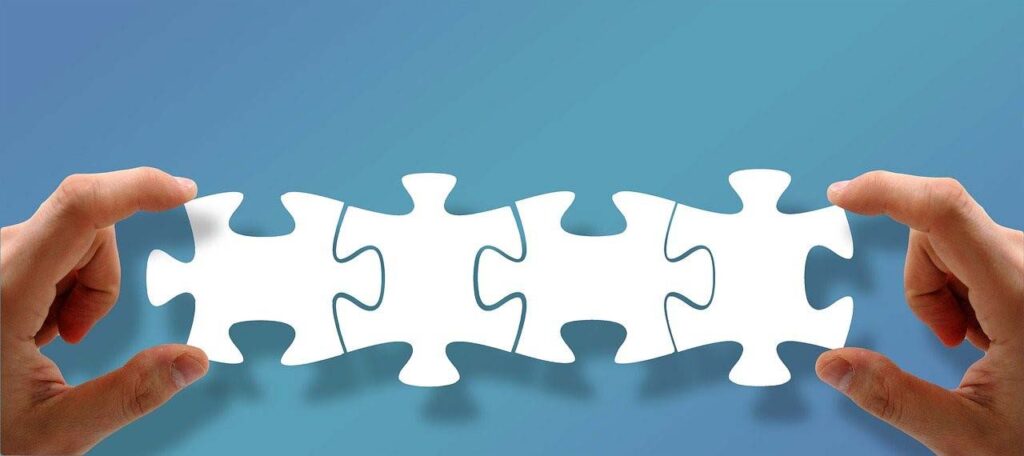
Outcomes and future view
All project regions had previous experience in interregional work on smart specialization. The BSR S3 Ecosystem project was built this knowledge. LAB University of Applied Sciences and Päijät-Häme region shared the good practice of creating regional roadmaps for S3 implementation and the Päijät-Häme Bio-based Circular Economy Action Plan designed in the Interreg Europe funded BIOREGIO project. In the BSR S3 Ecosystem project a study on the good practices and a value chain mapping on circular bioeconomy was done from a macro regional approach (Leino 2020). A manual is being prepared as a guide for regions on how to proceed with different methods in their smart specialization strategies.
The role of S3, or sustainable smart specialisation, in other words S4, is strengthened in the coming programing period. In the regions, several efforts are project based. In order to achieve wider coverage and effect, coordination and collaboration between different funding is a central key in accelerating the sustainable change in the regions. When looking at the big picture together we can achieve more.
Author
Susanna Vanhamäki is working at LAB as a Chief Specialist in Sustainable Communities. She is also the project manager of BSR S3 Ecosystem and BIOREGIO.
References
Leino, J. 2020. New studies on smart specialisation and interregional value chains in the Baltic Sea Region. The Baltic Institute of Finland. [Cited 2.10.2021] Available at: http://www.baltic.org/new-studies-on-smart-specialisation-and-interregional-value-chains-in-the-baltic-sea-region/
Lundström. J. 2021. High-Level Panel and Policy Discussion on Sustainable Economic Transformation in the BSR. Presentation at Final Conference for the BSR S3 Ecosystem 22.9.2021
Zsigri, M. 2021. High-Level Panel and Policy Discussion on Sustainable Economic Transformation in the BSR. Presentation at Final Conference for the BSR S3 Ecosystem 22.9.2021.
Links
Link 1. Interreg Baltic Sea Region. 2021. Baltic Sea Region Smart Specialisation Ecosystem. [Cited 6.10.2021] Available at: https://projects.interreg-baltic.eu/projects/bsr-s3-ecosystem-214.html
Link 2. Interreg Europe. 2021. Project Summary. BIOREGIO. [Cited 6.10.2021] Available at: https://www.interregeurope.eu/bioregio/
Pictures
Picture 1. Geralt. 2021. 6640058. Pixabay. [Cited 15.10.2021] Available at: https://pixabay.com/images/id-6640058/

